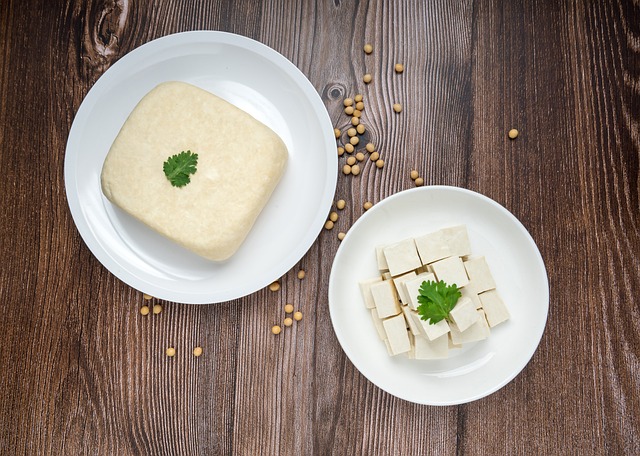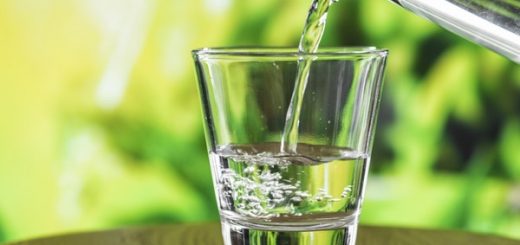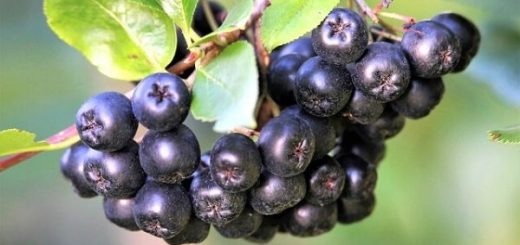15 Foods That May Lower Testosterone Levels

Maintaining healthy testosterone levels is essential for overall well-being, especially for men. Testosterone plays a crucial role in various bodily functions, including muscle mass, bone density, mood regulation, and libido. However, certain foods may negatively impact testosterone production or activity in the body. In this blog post, we’ll explore 15 such foods that have been linked, either directly or indirectly, to lower testosterone levels. Understanding the potential effects of these foods can help individuals make informed dietary choices to support optimal hormonal health.
15 Foods That Lower Testosterone Levels
- Soy Products
Soy contains compounds called phytoestrogens, which mimic estrogen in the body. Consuming high amounts of soy products like tofu, soy milk, and edamame may potentially disrupt hormonal balance and lead to lower testosterone levels, particularly in men.
- Alcohol
Excessive alcohol consumption can impair testosterone production and function. Chronic alcohol abuse may suppress testosterone levels and contribute to hormonal imbalances, affecting both men and women.
- Flaxseeds
Flaxseeds are rich in lignans, a type of phytoestrogen. While flaxseeds offer numerous health benefits, including omega-3 fatty acids and fiber, consuming them in excess may interfere with testosterone levels, especially when combined with other estrogen-like compounds in the diet.
- Mint
Certain types of mint, such as spearmint and peppermint, contain compounds that have been shown to have anti-androgenic effects, meaning they may lower testosterone levels in the body.
- Licorice
Licorice root contains compounds that can inhibit testosterone production by interfering with enzymes involved in hormone synthesis. Consuming large amounts of licorice or licorice-flavored products may potentially lower testosterone levels.
- Processed Foods
Processed foods often contain high levels of trans fats, refined sugars, and additives, which can contribute to obesity and insulin resistance. These factors have been associated with reduced testosterone levels and impaired hormone regulation.
- High-Sugar Foods
Diets high in sugar and refined carbohydrates can lead to insulin resistance, which may subsequently lower testosterone levels. Limiting intake of sugary foods and opting for complex carbohydrates can help maintain hormonal balance.
- Spearmint Tea
While herbal teas are generally considered beneficial for health, spearmint tea contains compounds that may have anti-androgenic effects. Regular consumption of spearmint tea in large quantities may potentially impact testosterone levels.
- Processed Soy Products
Processed soy products like soy protein isolates and textured vegetable protein often contain concentrated levels of phytoestrogens. These products are commonly found in vegetarian meat substitutes and processed foods and may negatively affect testosterone levels, especially with frequent consumption.
- Licorice Tea
Similar to licorice root, licorice tea may contain compounds that interfere with testosterone production. While moderate consumption of licorice tea is unlikely to cause significant effects, excessive intake may contribute to hormonal imbalances.
- High-Fructose Corn Syrup (HFCS)
High-fructose corn syrup, a common sweetener in many processed foods and beverages, has been linked to insulin resistance and obesity. These metabolic disturbances can impact testosterone levels and overall hormonal health.
- Processed Vegetable Oils
Vegetable oils like soybean oil, corn oil, and canola oil are often used in processed foods due to their low cost and high heat tolerance. However, these oils contain high levels of omega-6 fatty acids, which, when consumed in excess, may promote inflammation and disrupt hormonal balance.
- Spearmint Chewing Gum
Chewing gum flavored with spearmint may contain compounds that could potentially lower testosterone levels. While occasional consumption is unlikely to cause harm, excessive chewing gum intake may have unintended hormonal effects.
- High-Dairy Diets
While dairy products are rich in essential nutrients like calcium and vitamin D, excessive consumption may negatively impact testosterone levels, particularly in men. Some studies suggest that high intake of dairy products may be associated with lower testosterone levels.
- Processed Meats
Processed meats like bacon, sausage, and deli meats often contain high levels of saturated fats and additives. Diets high in processed meats have been linked to obesity and metabolic disorders, which can disrupt testosterone levels and hormone regulation.
Conclusion
While these foods may have the potential to impact testosterone levels, it’s essential to emphasize moderation and overall dietary balance. A varied diet rich in whole foods, lean proteins, fruits, vegetables, and healthy fats can support hormonal health and overall well-being. Additionally, consulting with a healthcare provider or registered dietitian can provide personalized guidance on optimizing dietary choices to support hormonal balance. By being mindful of the foods we consume, we can take proactive steps to promote optimal hormonal health and vitality.











